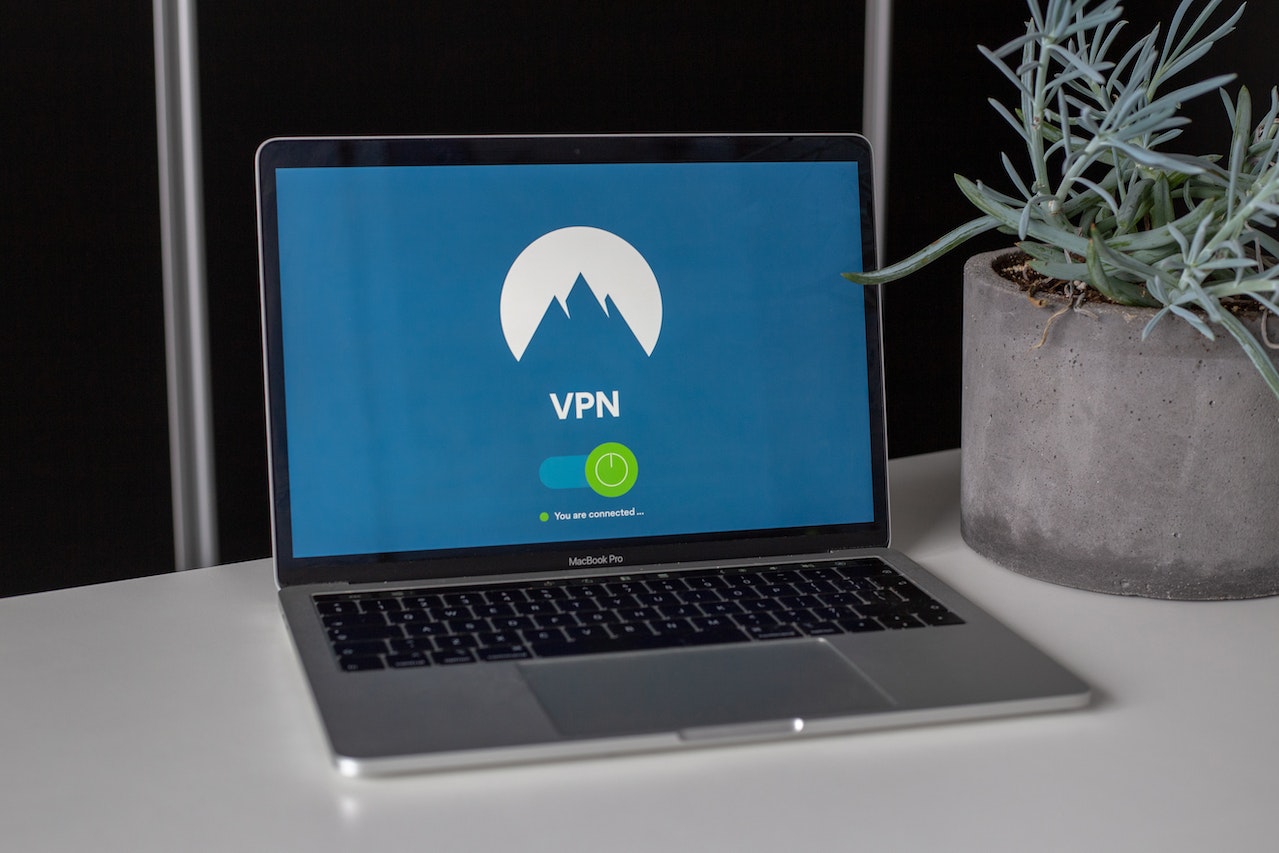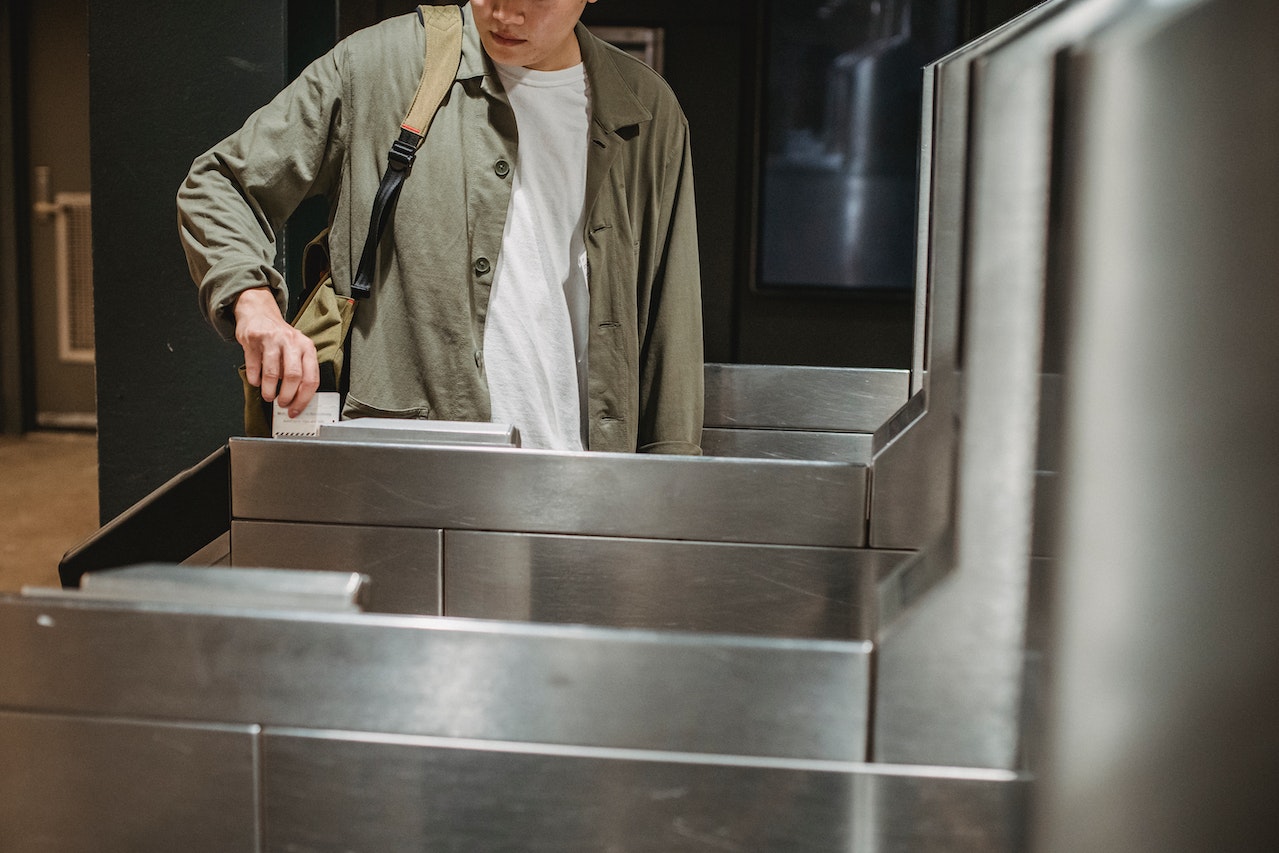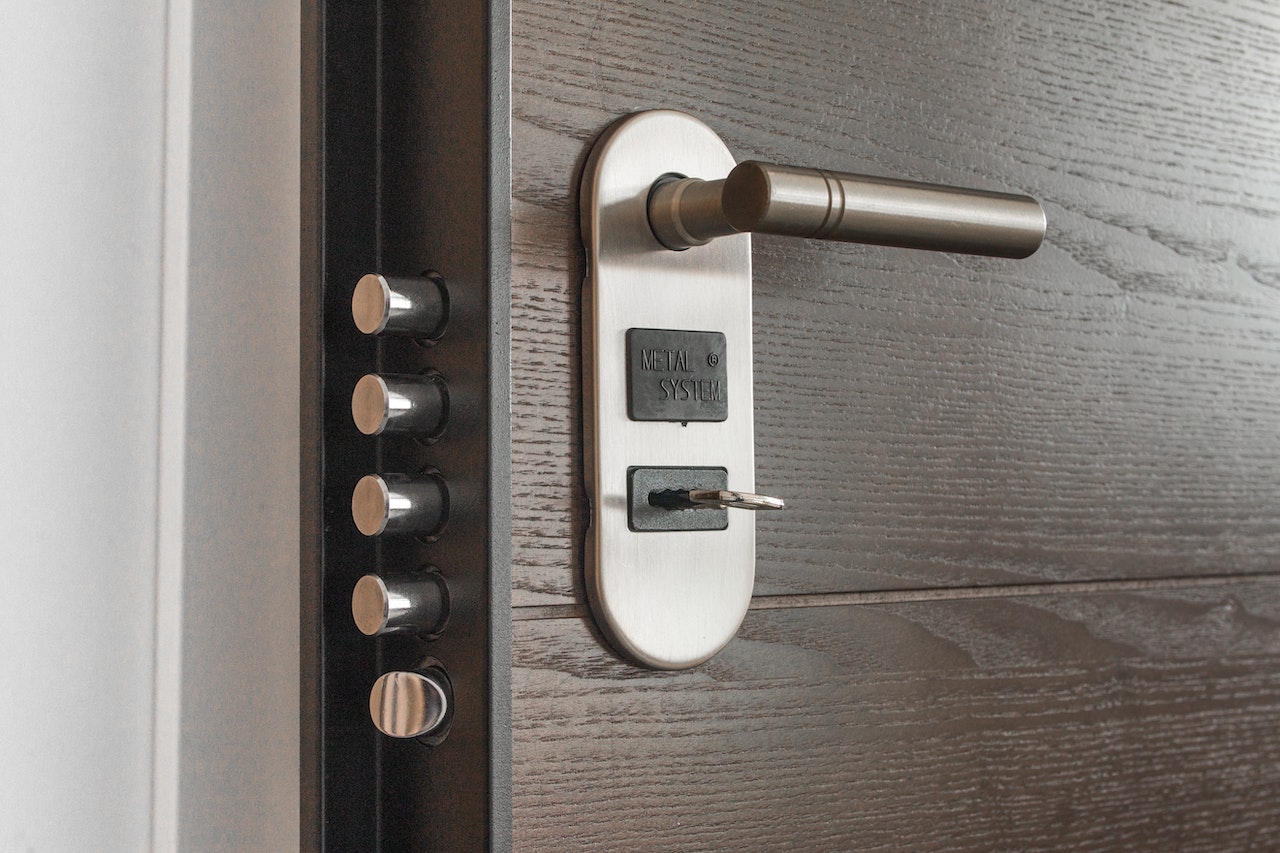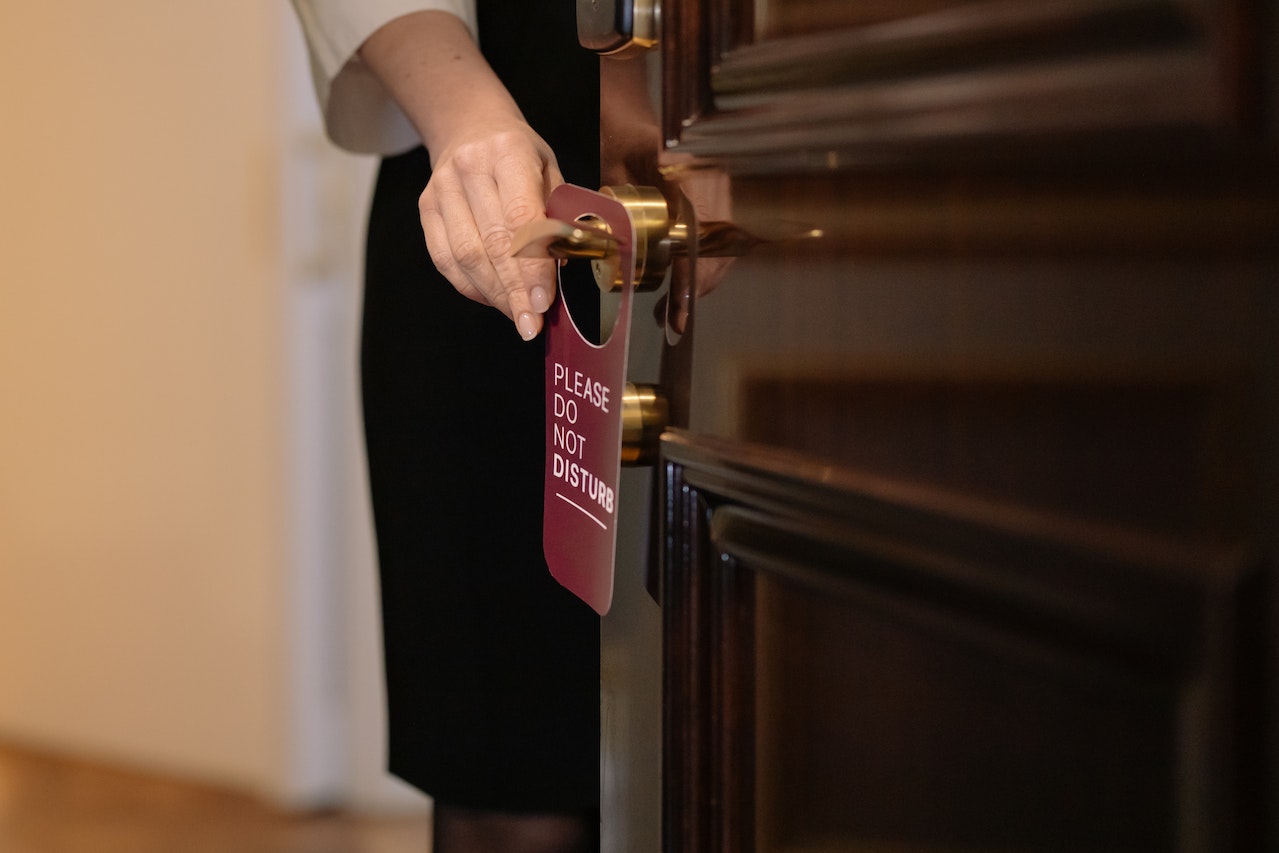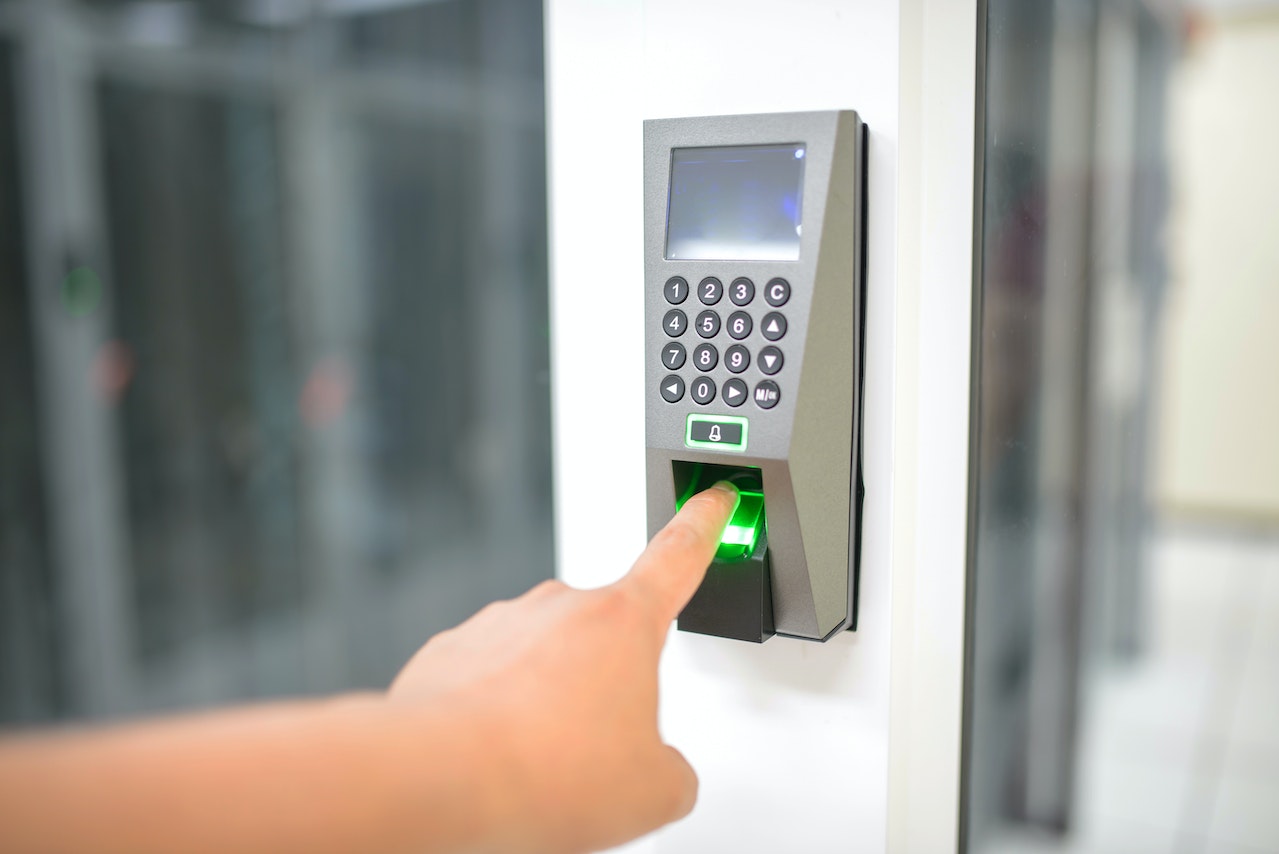Property management is more than just buying and selling properties; it’s about efficiently managing the day-to-day operations of those properties, whether residential or commercial. Without solid Standard Operating Procedures (SOPs), things can quickly spiral into chaos.
Why Are SOPs Necessary?
Let’s chat about why SOPs are your best friends in property management. Consider them like a sturdy scaffolding that supports your entire business. Without well-structured SOPs, you might find yourself caught in a cycle of confusion and miscommunication.
Boost Efficiency
The ultimate secret to thriving in the business world? Efficiency. And guess what? With a streamlined SOP, every procedure and task gets the royal treatment of precision and clarity. You, your team, your tenants, and even your clients are on the same page—literally.
Mitigate Risk
Mistakes? Those sneaky, costly errors? SOPs act like a risk-management superhero, ensuring that your team has a clear path to follow.
For additional detailed guidance and tips on creating SOPs for property management, the Building Owners and Managers Association International (BOMA) offers a comprehensive guide that includes steps for creating an SOP Manual and detailed outlines of various SOP sections. This guide is particularly useful for property professionals looking to create or update a manual for their building or company.
Types of SOPs a Property Management Firm Will Need

Alright, let’s dig a little deeper. We’ve talked about what SOPs are and how to craft them, but what about the specific types you’ll need in the property management arena? Believe me, it’s not a one-size-fits-all situation. There are different aspects to manage, and each requires its special flavor of SOP. Here’s the rundown.
1. Leasing Procedures
The art of leasing properties has many facets. From marketing and tenant screening to lease signing and tenant orientation, each phase demands attention to detail. Crafting separate SOPs for these stages ensures that everything runs like a well-oiled machine.
2. Maintenance and Repairs
Whether it’s a broken doorknob or an HVAC failure, maintenance and repairs are a daily reality in property management. Your SOP should outline the process for handling maintenance requests, scheduling repairs, and conducting regular property inspections. Never underestimate the power of a well-maintained property!
3. Financial Management
Managing finances isn’t just about collecting rent on time. It encompasses budgeting, expense tracking, and reporting. An SOP here helps ensure that all financial transactions and documents are handled with accuracy and consistency.
4. Emergency Response Procedures
We touched on this earlier, but it deserves its own spotlight. Having a clear SOP for emergency response is critical. It covers scenarios like natural disasters, criminal activities, un-authorized tenants, illegal subletting, or even unexpected property damages. Make sure it’s detailed, leaving no room for confusion.
5. Tenant Relations
This is the human side of the business, and it’s crucial. Effective communication, handling complaints, conducting surveys, and fostering a sense of community among tenants all fall under this umbrella. The right SOP can turn this potentially chaotic domain into a smooth ride.
6. Legal and Compliance
Property management is bound by various laws and regulations, whether federal, state, or local. An SOP that focuses on legal compliance ensures that your firm operates within the bounds of the law. This includes aspects like fair housing regulations, licenses, permits, and safety standards.
7. Sustainability Practices
Green is the new black! With growing concerns over environmental sustainability, creating SOPs around eco-friendly practices is more than just a trend; it’s a necessity. This could involve waste management, energy conservation, or even responsible landscaping.
8. Technology and Security
With the increasing reliance on technology, having SOPs that cover data security and the use of various property management software is paramount. From protecting tenant data to efficiently utilizing property management platforms, a dedicated SOP will keep things tech-savvy and secure.
It might seem overwhelming, but remember, crafting these SOPs is like piecing together a puzzle. Each type is integral to the overall success and efficiency of your property management firm. Understand your unique business needs, and don’t hesitate to customize these SOPs to fit your specific situations. Tailor them, tweak them, make them your own. They’re your playbook, after all!
Alright, let’s dive into the process of crafting these all-important SOPs.
Crafting SOPs: A Step-by-Step Guide

Understand Your Processes
First things first, you can’t write an SOP if you don’t know what you’re doing. Seems obvious, right? But it’s amazing how many folks miss this point. Map out every single process, no matter how insignificant it may seem. Whether it’s dealing with maintenance requests or handling lease renewals, each needs to be thoroughly understood.
Creating Clear Procedures
Step 1: Start with Simplicity
Don’t get caught up in jargon. Your SOPs should be as easy to follow as your favorite recipe. Break down each process into smaller tasks and write them in a clear, concise manner.
Step 2: Add Visuals
A picture speaks a thousand words, right? Use flowcharts or diagrams where necessary to illustrate the process. It makes comprehension a breeze.
Step 3: Involve Your Team
Your team are the ones in the trenches, dealing with these processes day in and day out. Get them involved! Their insights might just be the golden nuggets you need.
Implement and Train
Now you’ve got this fantastic SOP, but it won’t do any good gathering dust on a shelf. Implement it throughout your organization and provide proper training. Remember, consistent follow-through and adjustments are key here. Don’t be afraid to revise if something’s not working.
Special Considerations for Property Management
Tenant Communication
You’ll want to have a robust plan for communicating with tenants. From maintenance requests to rent collection, clear guidelines need to be in place. Happy tenants, happy life—that’s a saying, right?
Emergency Response
What’s your game plan for emergencies? Fires, floods, or even a pesky leaky faucet at 3 AM? Your SOP should cover it all, leaving no room for ambiguity.
Compliance with Laws
This is a big one. The legal landscape is not a place for guesswork. Make sure your SOPs align with the current laws and regulations. If in doubt, consult with a legal professional.
Continuous Improvement
A static SOP is as useful as a car without wheels. You need to be in a constant state of evaluation and refinement. Set regular review periods, keep an eye on industry best practices, and don’t be afraid to make changes as needed.
Wrapping It Up
Crafting an effective SOP for property management isn’t just a task to tick off your list. It’s an ongoing commitment to clarity, efficiency, and excellence. And guess what? It’s totally worth it. You’ll see the impact not only in your bottom line but in the satisfaction of your clients and tenants.
So, grab that metaphorical hammer and nails, and start building your SOP. It’ll be the sturdy foundation that supports your thriving property management firm for years to come.















